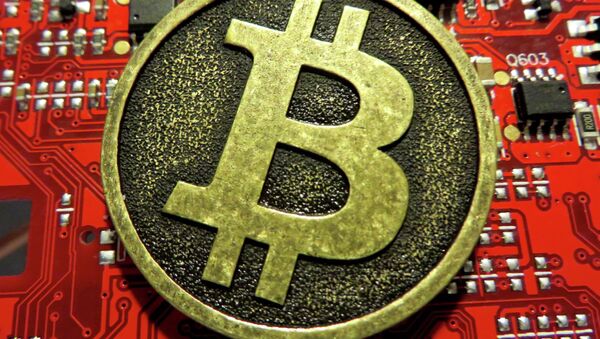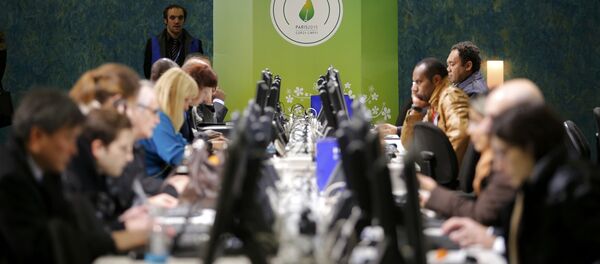Bitcoin doesn't require central bank control and instead relies on so-called ‘mining' computers that validate blocks of transactions by competing to solve mathematical puzzles every 10 minutes. In return, the first computer to solve the puzzle and thereby clear the transactions is rewarded with 25 new bitcoins, currently worth around $11,000 BTC=BTSP.
Probably the most significant factor is that the much-anticipated bitcoin reward halving is due to take place in July 2016. The bitcoin program was designed so that the reward would be halved roughly every four years, in order to avoid inflation. The halving of Bitcoin production is expected to boost the price of bitcoin by around 50 percent from its current value.
The co-founder of Jersey-based Global Advisors' multi-million dollar bitcoin hedge fund, Daniel Masters, reckons the price of bitcoin could test its 2013 highs of above $1,100 in 2016 and then promptly rise to $4,400 by the end of 2017.
"Today the worth of bitcoin is $1 per capita in the world (population)," said Bobby Lee, chief executive of a leading Chinese bitcoin exchange, BTCC, referring to the value of all the bitcoins in circulation, or around $6.5 billion. "For such an innovative, decentralized digital asset, I say 'boy, are we undervaluing it'. But it takes a while for people to realize that."



